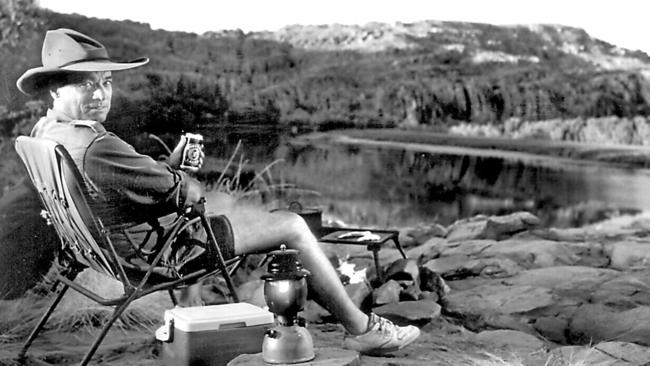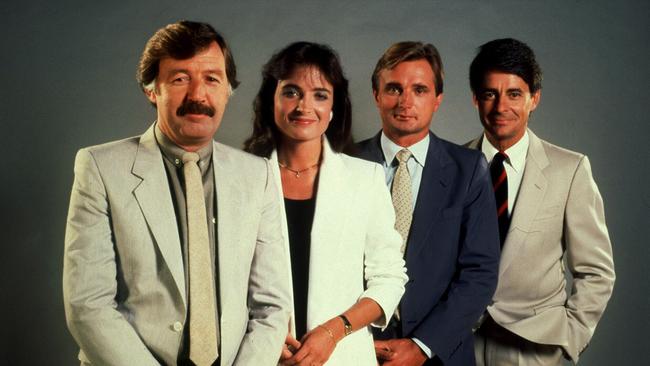
A seismic shift in manners and mores is evident to anyone watching a movie made in the 1960s. But fast-forward this experience to the 1990s or early 2000s and it becomes more difficult to spot the shifts. In the first three of Matt Damon’s Bourne series (2001-2007) the hero uses foldout maps and tiny flip phones. (The iPhone was first released in 2007; phone enabled GPS came later.) Everyday life doesn’t change universally; technology, hairstyles, glasses (eyewear) and even language leads the way. I would add diversity and social inclusion to a list of markers distinguishing movies made before and after, say, 2010 or thereabouts.
The way we used to live is evident from old movies. So, when and how and in what sequence did things change? How long do these waves of collective behaviour last before being overtaken by yet another set of values and behaviours?
Which brings me to my pitch. I am unaware of any formal study of the minutiae of social behaviour including language and values over time. The census picks up demographic change, but my thinking is more subtle. And the vehicle I have in mind to track these undetected social and behavioural shifts is the television news. We’re all familiar with re-runs of old TV programs like The Brady Bunch (1969-1974) or, closer to home, Neighbours (1985-2022). And who hasn’t squirmed with the implicit (and even explicit) values behind some advertisements from the 1950s and even later?

To complete this study of shifts in social behaviour over time I would choose the first five minutes of the evening television news bulletin – the same bulletin, from the same network, for the same city – at five-yearly intervals. Is there archival footage of TV news going back to say, 1963? The ensuing 60 years would thus deliver a dozen five-minute top-of-the-news snippets. Knit them together to produce a 60-minute swashbuckling journey through six decades of Australian social history. Add another 30 minutes for a panel of experts to discuss the trends.
Whizzing through time via a consistent medium, dipping into the same day of the year for five minutes, would show how fashion, fads and technology change over time. Colour arrived in 1974. The female co-anchor arrived, when? We would see the introduction of satellite connections. Any shifts in language or accent would be discerned. (Melbourne has long been pronounced “Melbon” by the locals but recently I think it has shifted to “Milbon”.) And the prioritisation of stories: today we’re far more global in outlook. Maybe we would remark upon the use of British or American points of cultural reference.

Come with me on a journey to see how people have changed, moving ever closer to who we are in 2023. Maybe this exercise will show us that no matter how sophisticated, how worldly, how enlightened we think we are now, the evidence from the TV dipstick series would suggest we’re living in a bubble that’s likely to be replaced by new thinking, values and behaviour later this decade.
And why stop at news bulletins? Why not access the TV archives to bolt together every federal election night coverage, every Melbourne Cup day review, every first day of spring, every Anzac day? Creating these curated collections might encourage Australians to see themselves as an evolving, hopefully ever-improving, nation.




In the riveting business of trend-tracking it is megatrends that get all the attention. Issues such as ageing, the skills shortage, globalisation, digitisation and even the pursuit of social justice via diversity and inclusion programs are big-picture trends well known for their ability to shape the Australian way of life. And yet despite the importance of megatrends, I sometimes feel that everyday life is shaped by micro trends that remain largely untracked and undiscussed.